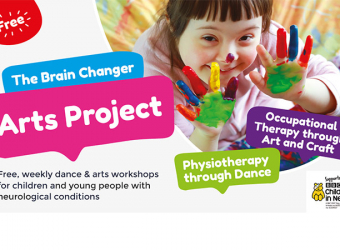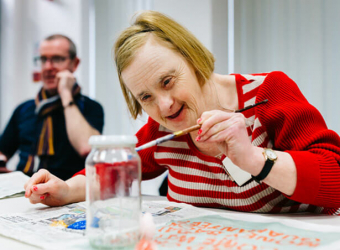What is dyspraxia?
Dyspraxia is a developmental co-ordination disorder which affects movement and physical co-ordination from a young age into adulthood.
It’s more common with young boys than girls and affects their ability to perform day to day tasks, which may make them appear clumsy.
Dyspraxia affects a person’s ability to coordinate movements in general, while apraxia specifically affects the ability to plan and perform purposeful movements.
What causes dyspraxia?
It’s not clear what causes young children to develop difficulties with co-ordination skills.
If the nerves and part of the brain are damaged, for example by concussion or brain injury, this could lead to difficulty with movement and co-ordination.
Some other factors include:
- Being born prematurely
- Low weight at birth
- Genetic factors
Dyspraxia is more common in males and can run in the family.
What are the symptoms of dyspraxia?
Early years symptoms include:
- Delayed developmental milestones such as crawling, walking and dressing
- Playing sport
- Difficulty writing and drawing
- Keeping still
Affected children may appear to bump into things, drop things and fall over a lot more.
Symptoms in adulthood may appear as:
- Difficulty learning new skills
- Time management and organisational skills
- Memory
- Unable to function in social gatherings
- Difficulty grasping small objects

















